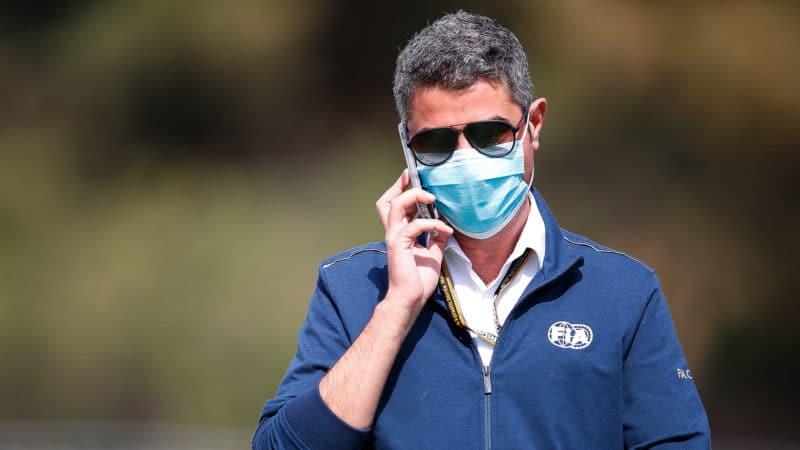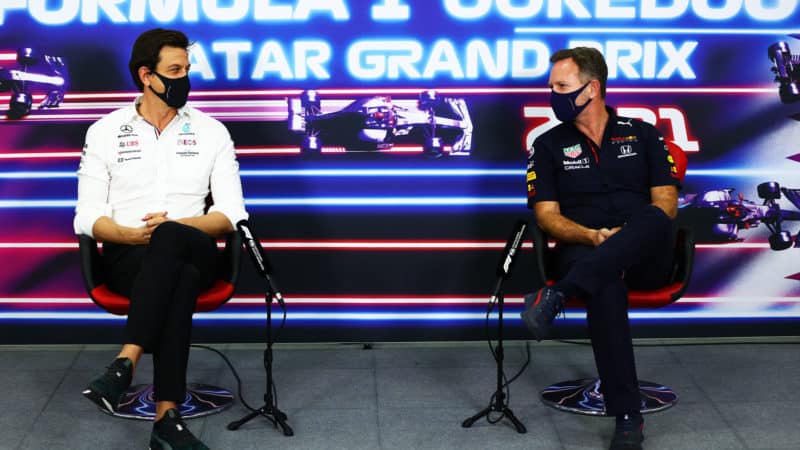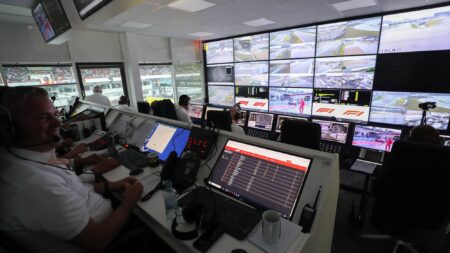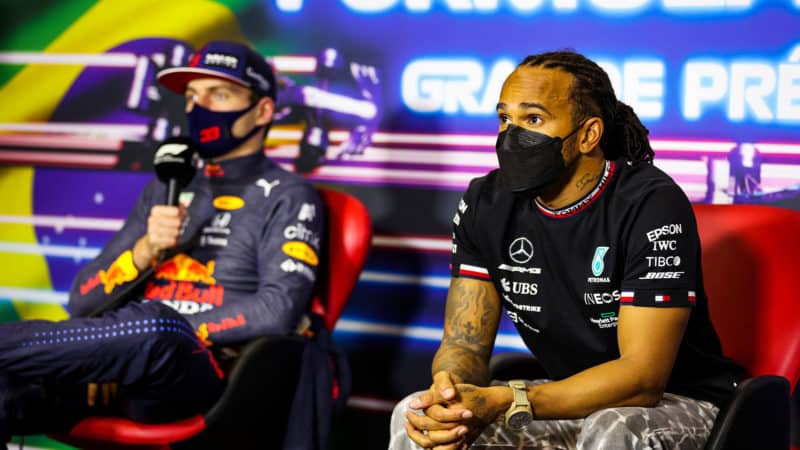It could well be that the FIA decided it was more entertaining to wait, or there could be a much more mundane answer such as the fact the next set of summons for Valtteri Bottas and Carlos Sainz were published more than an hour after Verstappen’s, suggesting the stewards had been looking at who else might have fallen foul of the difficult-to-spot flags after the final corner.
But it’s not just fans who were skeptical, as Horner himself on Friday voiced his dissent at the amount of time decisions were taking to be reached.
“I would be disappointed if it were to go to another hearing but it’s just frustrating it’s taking this long,” Horner said. “I mean, the discussion was yesterday. Not quite sure why it’s taking… it would be nice to have it cleared-up, obviously before we go into the next session.”
And there’s a reason teams and drivers want to know what’s happening as quickly as possible. It’s not just the impatience of the inner fan in them, but it’s the knock-on impact these decisions can have on the rest of a race weekend.
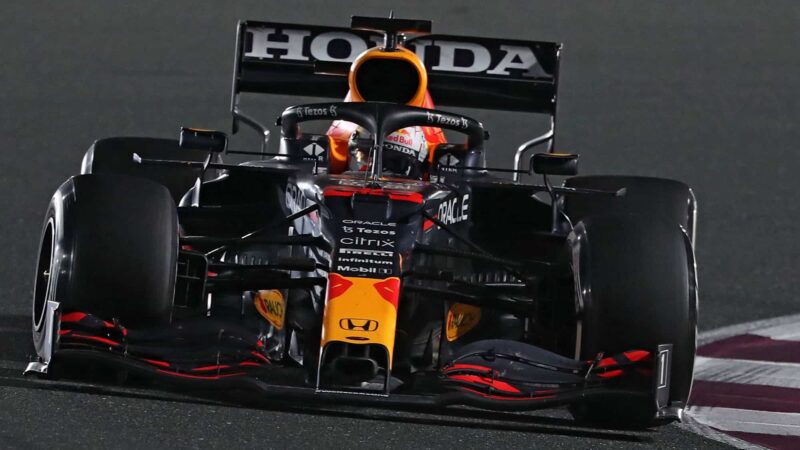
Verstappen was put back to seventh on the grid ultimately, but scythed back through the field to finish second
KARIM JAAFAR/AFP via Getty Images
For the yellow flag incidents, Verstappen didn’t know where he was lining up until less than an hour before the pit lane opened, with the decision dropping while he was out on the driver parade. The same was true for Bottas, who then had his grid slot changed just as the pit lane opened after the FIA revised how it applied the penalties and demoted him a further place.
Which side of the grid a car starts on could impact the grip level they will get and therefore the way they want to approach their practice starts. Or they may have analysed the likely launches of cars around them based on past performance and their starting tyres, but those cars are then changed at the last second.
